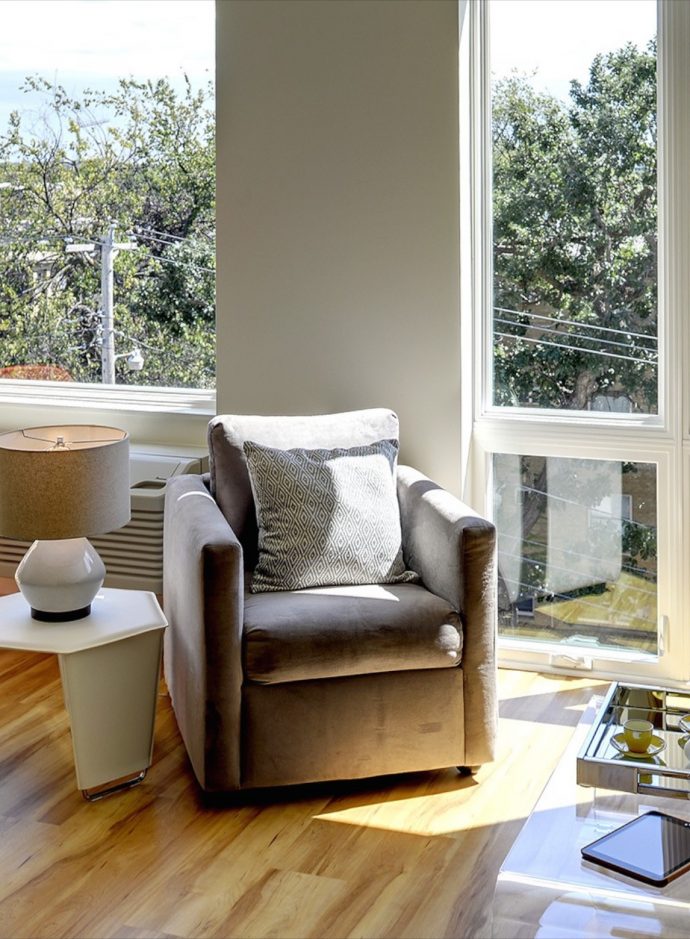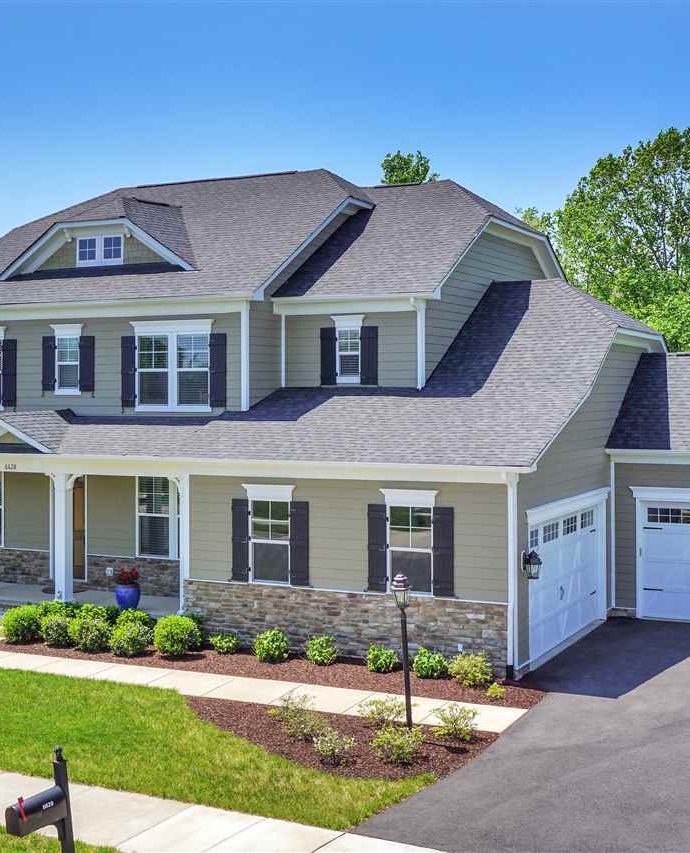Situated slightly south and between Nottingham and Derby, Long Eaton has a rich history and its links to bustling cities makes this market town a quaint place in which to let property.
As a landlord, there are many crucial factors to consider when letting in Long Eaton. As well as considering legislation, such as the Housing Act 1988, there is also rent and care of your property to prioritise.
One person alone can easily struggle to keep on top of every detail of letting a property. But, with a whole team behind you and remembering these few key tips, letting will soon become an easy task.
1) Maintaining Your Property
As number one on this list, it should be number one on yours too. Failing to maintain your property will cost you more in the long term. Untreated issues such as damp or mould can cause far bigger problems, such as rebuilding. Poor maintenance will also drive away new tenants and under extreme circumstances,current tenants could refuse to pay rent.
This is easily avoided by keeping up with your property on a regular basis. Make sure the property is inspected during, before, and after each new tenancy and that any issues are fixed as soon as they arise.
2) Rent Prices
This tip seems like a simple one – many landlords already have an idea in mind about rent prices. Nevertheless, with high scrutiny from tenants on rent prices, it’s a factor you need to ensure you’ve covered.
As well as researching other properties in the area you wish to let, you should also consider the location itself – is it close to amenities, schools, or shops? Is there ample parking nearby, or is there easy access to transport links? You should also consider the size of the property and whether you want to let it furnished or unfurnished.
3) Furnished or Unfurnished
While we’re talking about rent, deciding to let a furnished or unfurnished property has its own considerations you need to make. Furnished properties typically come with a higher rent rate, but as they also include items such as beds, desks, and decorations, there is a higher chance of damages to consider. Likewise, an unfurnished property – which still requires items such as curtains and white goods – has lower rent rates but the risk for damages is far less.
You can opt to offer bothif you can’t decide. The type of tenants you wish to attract may also make that decision for you, for example, students will generally prefer furnished properties, whilst long-term tenants such as families may require unfurnished.
4) Asking for a Deposit
Whilst asking for a deposit isn’t a legal requirement we still encourage you to do so. This will protect you from damages or if a tenant leaves the property without notice.
At Ogilvy & Sneyd, we’re especially passionate about taking care of our landlords and their properties. We can ensure you’re covered with changes to legislation, landlord’s rights, and even moving in tenants for you.




